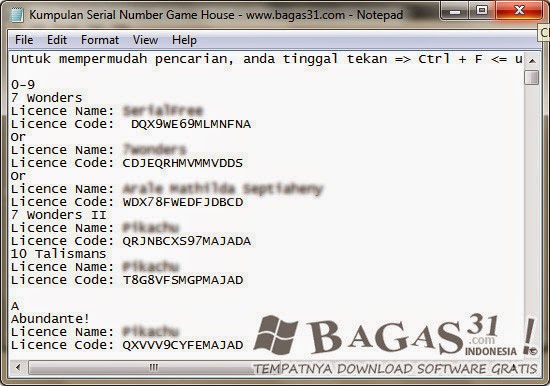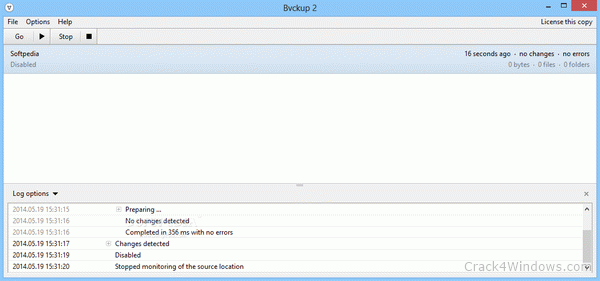

Secondary speed improvement is that it doesn't need to re-scan destination on every run. With straight copy it takes about 3.5 hours to copy, but it's just 50 minutes with delta copying.Īlso, even when copying files in full, bvckup is faster than robocopy. For example, I run a nightly backup and I have one 256GB TrueCrypt container. The primary benefit will be that it won't recopy large, but only partially modified files in full. An older reddit post from 2 years ago boldly states the app would be ready "in a couple of months". Of some interest - has a year worth of development screenshots So I just bought a bit of reddit gold instead. I tried submitting this as a "sponsored post", but reddit overhauled self-serve ads and they are a bit of a mess now. Would you say it has a place in enterprise setups? If not, what is it missing? In any case - I'd like to know what you guys think of it. Formal release is about a month away, just need to tie some non-technical loose ends. It's been in a stable beta since last May and it's now in a routine use by several hundred people. The inclusion/exclusion filters also came out quite nice, I think. For example, hierarchical log viewer makes it very easy to drill down around error events. I also killed a ton of time on the user interface and there are some really good bits in it as well. I've been using it locally to backup VMs and TrueCrypt volumes and it really cuts down the backup time. Delta copying is the reason why I think the app could be of interest here. It splits files into smaller blocks, detects which blocks changed between the runs and only copies these over. However, most importantly, the speed is due to delta copying, which is similar to rsync except it doesn't requite running anything on receiving end. There's also an option of running off a saved snapshot, which eliminates the need for scanning destination altogether. Directory scans are run in async, parallel fashion as well, speeding things up quite a bit especially over the network.

The speed is due to all I/O being fully asynchronous and adapting buffering strategy based on source and destination locations. It is very mindful of its resource usage, optimized across the board and it's pretty damn fast. This really hammers in a strong habit of writing lean and efficient code, so Bvckup2 is essentially an app written as if it were a kernel component. A lot of it in C, almost always very close to the hardware. I used to work on on router and load-balancer firmware, did a lot of networking programming and wrote a P2P VPN system at some point. īy the way of introduction - I come from the system programming background. It can do this in real-time or on schedule, it does removable device tracking, shadow copying, it can run as a service, etc. You point it at a pair of directories and it keeps one an exact copy of another. It is basically a really fast directory replication utility.
#BVCKUP 2 LICENSE KEY WINDOWS#
It is a simple and fast backup for Windows called Bvckup 2. I wanted to show you guys a little something that I've worked on for the past year and that I think could be of interest to fine people of this sub. In fact, it just wanted some TLC in a form of cold boot. Edit 1 - This just in - RAID controller in the webserver crapped out.


 0 kommentar(er)
0 kommentar(er)
